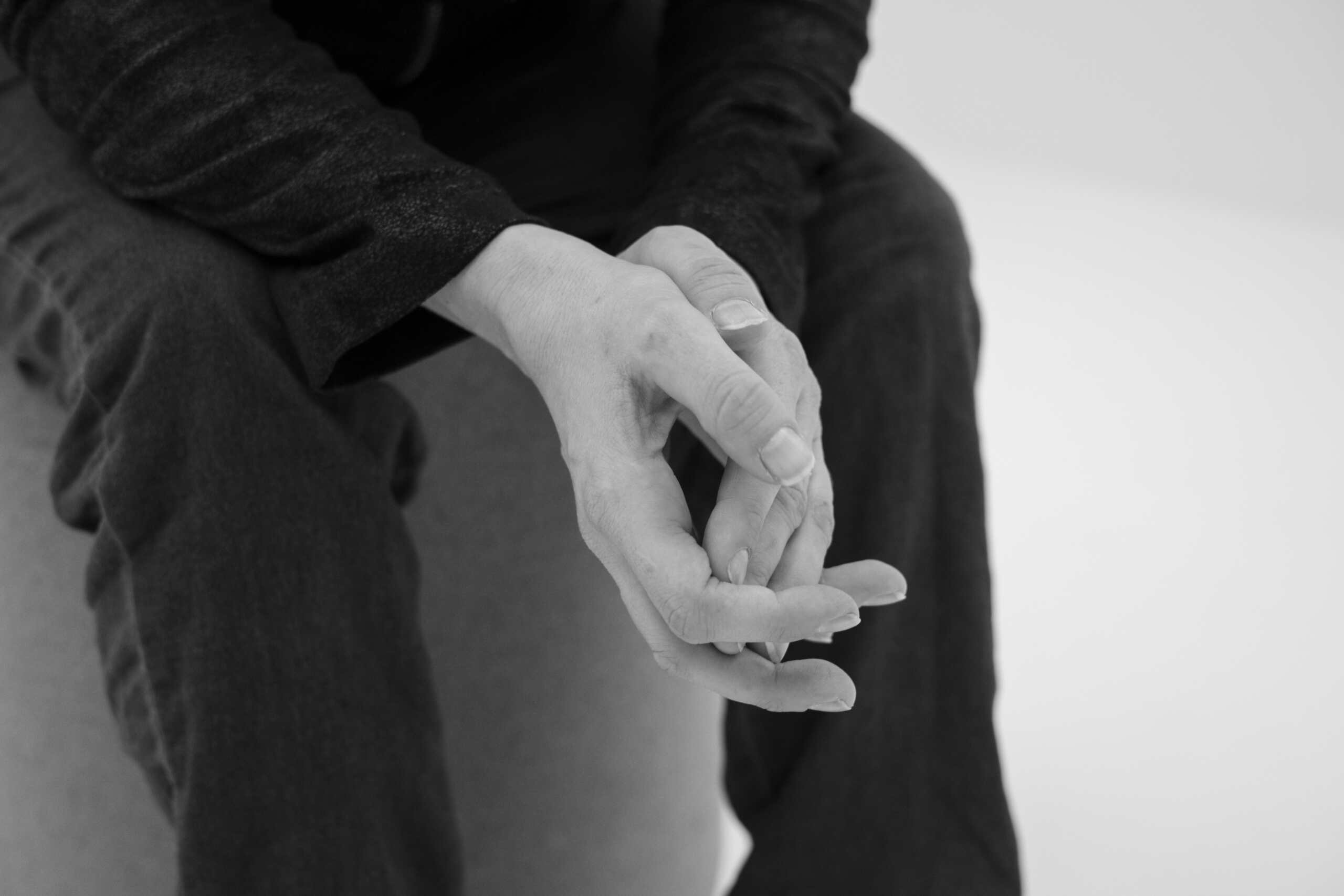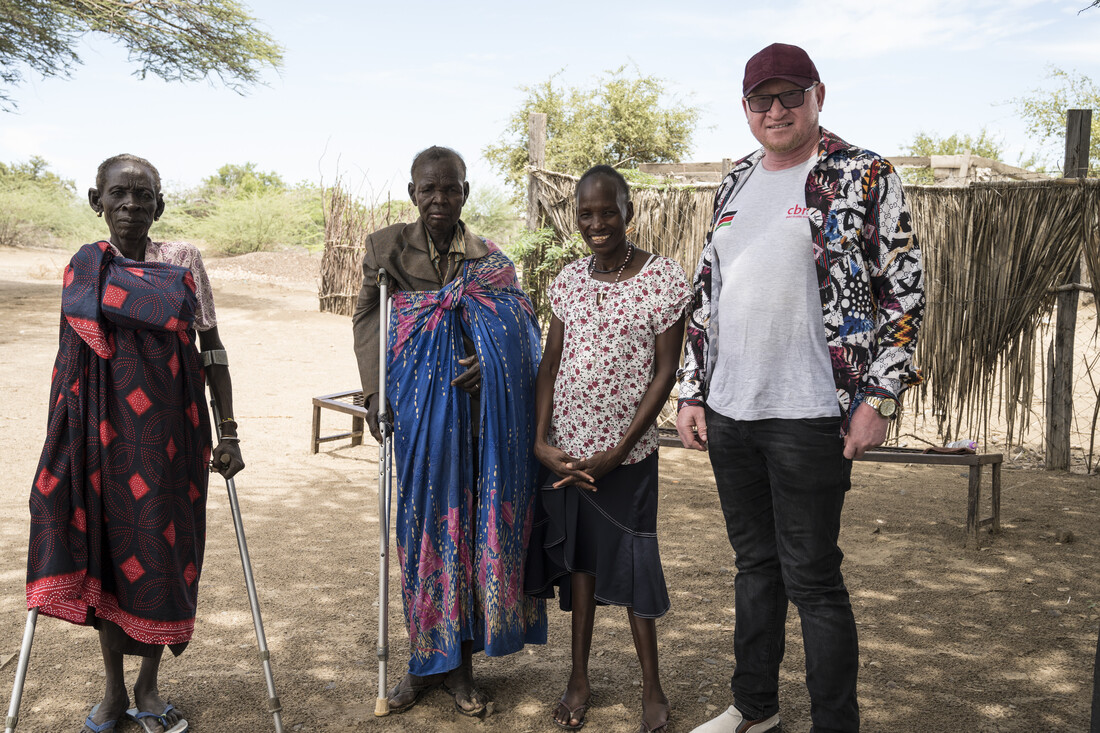Inclusive WASH will save lives during COVID-19 spread
Stories | April 20, 2020
Personal hygiene is the number one way individuals can slow or stop the spread of the potentially deadly COVID-19 virus. Rigorous hand washing practices –washing, with soap, for 20 seconds – and regularly using hand sanitiser are now embedded in the daily practices of millions of Australians as we try to prevent ourselves and those around us from falling ill.
CBM Australia has a long, trusted history of supporting people with disabilities in some of the most impoverished parts of the world. This work includes working with local partners to provide health, medical care and rehabilitation services. This work includes partnering with aid donors, non-Government organisations, Government agencies and disabled peoples’ organisations to provide advice on ensuring that water, sanitation and hygiene (WASH) programs are accessible to people with disabilities.
Given the current global health crisis resulting from the COVID-19 pandemic, this work has never been more pertinent. The countries where CBM Australia has partnered on this work – including Indonesia, Zimbabwe, Sri Lanka, Papua New Guinea and Timor-Leste – are often where there is limited or restricted access to clean drinking water, sanitation and hygiene programs and facilities.
This is particularly true for people with disabilities, who can be excluded for a range of reasons, despite the United Nations General Assembly explicitly recognising access to safe drinking water and sanitation as a human right in 2010. Barriers commonly faced by people with disabilities include unable to access community water points or latrines (communal toilets) as a person with mobility restrictions or a tap or soap dispenser being too high for a person with weak hands to reach, through to discriminatory norms, attitudes or practices.
According to the World Health Organisation, diseases due to poor access to drinking water, unimproved sanitation and poor hygiene practices cause 4% of all deaths and 5.7% of all disability or ill health in the world. It is also true that up to 80% of all illnesses in developing countries are related to poor access to water and sanitation.
CBM Australia’s work to support disability-inclusive WASH includes the development of training packages and resources, mentoring, guiding and advising other organisations and ensuring people with disabilities are involved in decision-making and part of solutions.
One example of practical projects that will improve the lives of people with disabilities has been the development of a disability inclusion training toolkit and workbook. This project was initially developed for use by local Government staff in Zimbabwe when training local community volunteers, but will provide a valuable resource for subsequent country responses to COVID-19 for other low-income countries with similar conditions.
These tool kits include accessibility checklists for the design of public water points and latrines, to ensure that new schools, public buildings and other infrastructure have inclusiveness as a focus.
An impact study completed on the project in March 2018 concluded that the project had a strong and positive impact on the lives of people with disabilities in the project areas, and that it had resulted in practical improvements in access to water and sanitation for people with disabilities.
As the world focuses on reducing the spread of COVID-19, CBM Australia will continue to ensure that people with disabilities are not left behind.
https://www.cbm.org.au/stories/inclusive-wash-will-save-lives-during-covid-19-spread
Related Stories

Week 7 – Lent Series 2025
A solidarity of love, relationship and sacrifice. A solidarity that is profound and astounding. As we draw near to Good Friday, we remember Jesus’ love and...

Week 6 – Lent Series 2025
Solidarity Leads to Partnership Partnership with people with disabilities is working alongside them to build an inclusive and accessible world. CBM Australia works to improve the...

Week 5 – Lent Series 2025
Solidarity: Seeking to Listen and Understand Action that is taken in solidarity finds its origins in listening. Jesus’ actions and ministry flowed out of relationship and...
